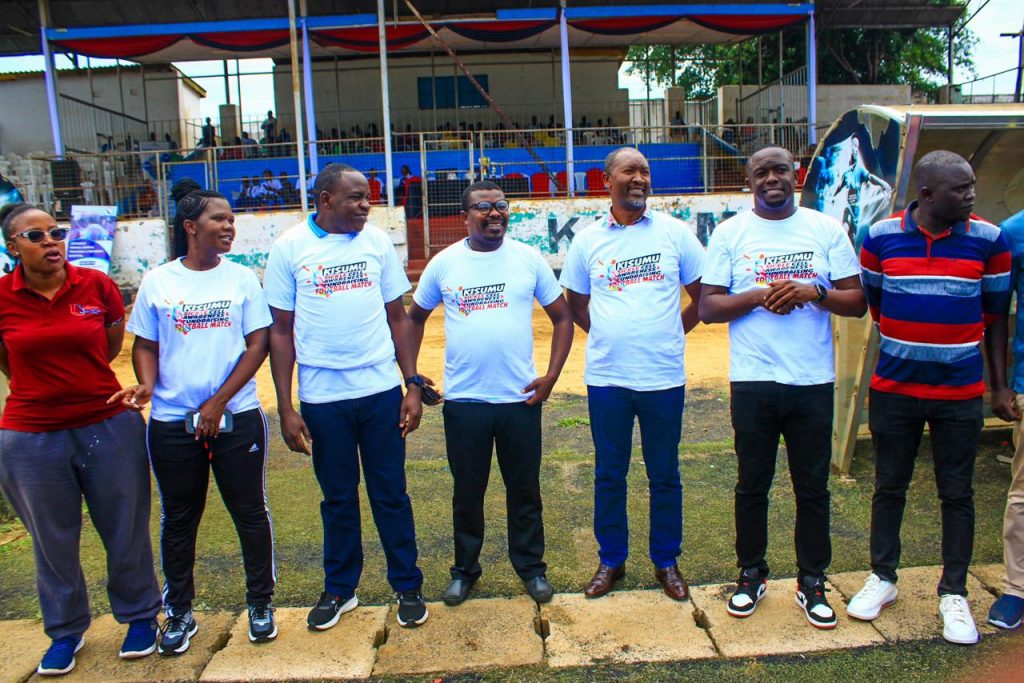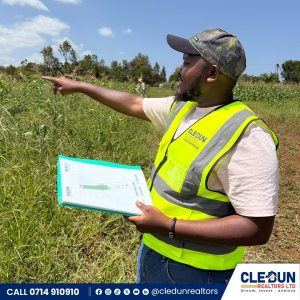Jaramogi Oginga Odinga Teaching and Referral Hospital (JOOTRH), in partnership with The Nairobi West Hospital and other stakeholders, spearheaded a sickle cell awareness and screening drive in Kisumu on September 27 as part of the national month-long campaign on the disease.
The initiative brought together health workers, patients, community groups and partners such as Tumaini Sickle Cell Organization, Pharmplus and the Kenya Red Cross, in an effort to demystify the condition and highlight new treatment options now available in Kenya.
JOOTRH Acting CEO Joshua Ochieng’ underscored the need for people to know their genotype, noting that many Kenyans still do not undergo basic screening.
“Most of the people don’t know their genotype, so first of all, we are creating awareness. We are urging people to know their genotype, of which now sickle cell is something that can be prevented. Sickle cell is strenuous, tedious and draining. We are doing screenings which are being conducted by Tumaini Sickle Cell Organization, alongside blood pressure and haemoglobin checks with the support of partners like Pharmplus and the Red Cross,” he said.
The Nairobi West Hospital Medical Director, Dr Kibet Shikuku, highlighted recent strides in treatment, pointing to red blood cell exchange therapy and bone marrow transplant as life-saving interventions that are now within reach locally.
“Through the Ministry of Health, we are able to support patients through various methodologies. One has already been mentioned which is the red cell exchange, we also have bone marrow transplant that is now readily available in Kenya. We hope that through this partnership we are able to scale down care and bring it closer to Kenyans that require it. This initiative will go a long way in reaching out to more patients, detecting the disease early and making it more bearable. Together we can save lives that would have otherwise been lost,” he said.
Kisumu County carries one of the highest burdens of sickle cell disease in Kenya, with prevalence estimates of up to 4 per cent among newborns and nearly one in five carrying the sickle trait.
For decades, families in the region have struggled with painful crises, frequent hospitalisations and high child mortality.
The introduction of red blood cell exchange therapy at JOOTRH, with technical support from The Nairobi West Hospital, is expected to ease this burden by rapidly lowering levels of sickled haemoglobin, preventing complications and improving quality of life.
James Otieno, a 26-year-old Kisumu resident who underwent screening at the event, said the exercise was eye-opening.
“I didn’t know my genotype until today. It’s important because now I can plan my health better and also make informed decisions for the future,” he said.
As the September awareness campaign came to a close, organisers urged residents to continue championing testing and fundraising efforts to ensure sustainability.
For patients and families long resigned to a cycle of pain, the promise of advanced therapies being brought closer to home signals new hope in the fight against sickle cell disease.







More Stories
Safaricom Director Honored with Global Social Innovation Award
Cledun Realtors Expands Thika Housing Project with Prestige Court Phase II
Former Ichagaki MCA Dr. Mwangi Joins UDA for Murang’a Senatorial Race